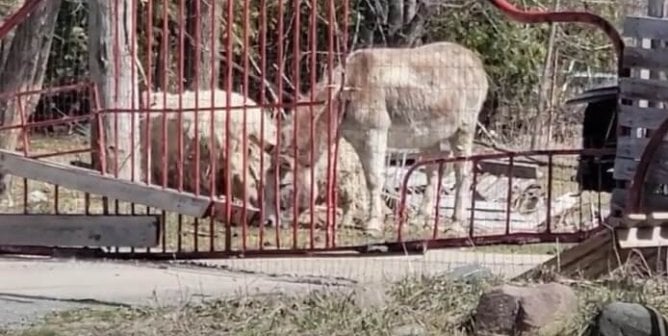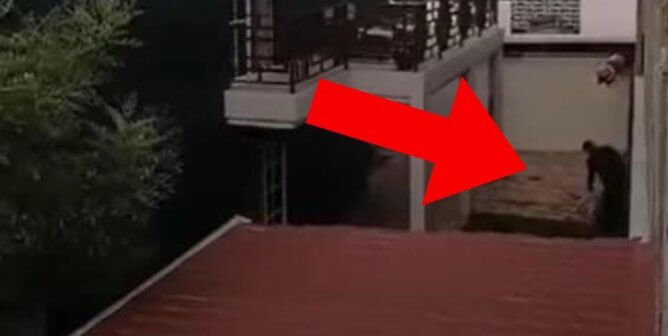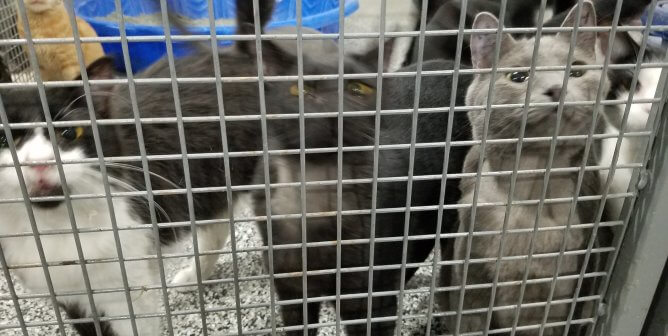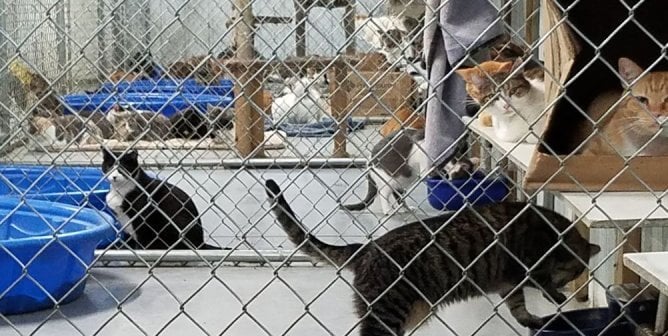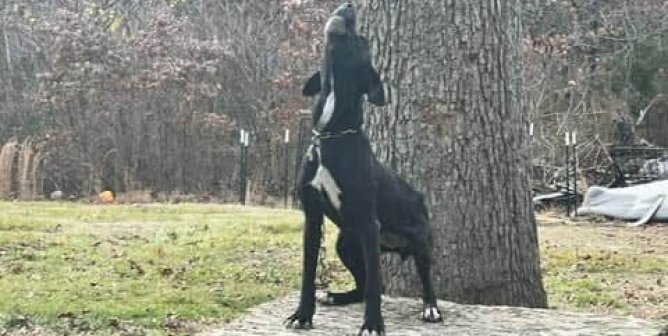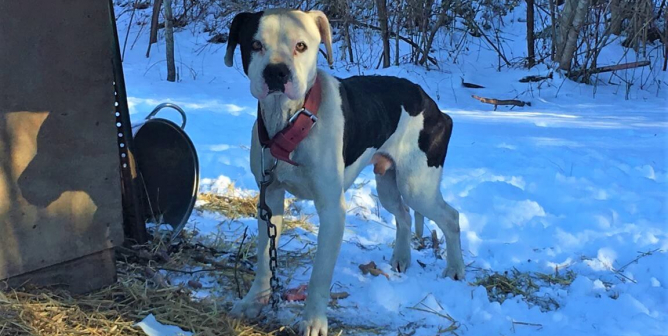The Loss of a Companion Animal
Your animal companion is a member of your family. So, much like the death of a parent, sibling, spouse, or dear friend, the grief over the loss of an animal companion can be overwhelming and even debilitating. Unfortunately, society has been slow to recognize formalized rituals for animal deaths. Companies usually don’t include nonhuman companions in their bereavement-leave policies. Your friends, family, and coworkers may seem indifferent and unsympathetic. With seemingly nowhere to turn for support, animal caretakers sometimes feel ashamed and try to hide their grief. When faced with loss, keeping your feelings to yourself or denying them altogether can be unhealthy. Fortunately, there are ways to cope.
Different Kinds of Loss
Death can happen expectedly, after a long-term illness or when age has taken its toll. Equally painful are unexpected deaths, such as vehicle accidents or fatal injuries. When human error or maliciousness are to blame for an animal’s demise, feelings of guilt or anger can complicate an already devastating time. If there is a question of wrongful death, do not rule out legal proceedings. State laws are constantly improving with regard to animal abuse and compensation for the loss of companion animals. Visit your state’s legislative Web site for more information. Perhaps your dog was stolen or your cat was accidentally let out or simply disappeared, leaving you without the ability to say goodbye or the knowledge of his or her whereabouts and safety. Divorce, college, or other kinds of forced separation can also prompt feelings of grief.
When Death Is a Decision
If your animal companion’s quality of life has diminished to the point where therapy or medicine is no longer able to help, euthanasia is the only humane choice. Discuss this option thoroughly with your veterinarian. Once you have resolved to end your friend’s suffering, insist on being with him or her during the procedure. Ask about sedative options in order to make your companion’s passing as stress-free as possible. As devastating as it may seem, euthanasia is never a mistake. Delaying, in the hope that one more day might make a difference, may actually mean just one more day of distress. Your friend may feel your pain, too, and try to hold on for your sake. Dealing with these emotions, and especially the guilt afterwards, is a journey unto itself.
Stages of Grief
Psychologists and philosophers have studied the grieving process for centuries but have only recently truly begun to explore the effects of death in the relationships between humans and companion animals. Medical students are still expected to read Elisabeth Kubler-Ross’ On Death and Dying.(1) Her landmark work from the 1960s defines five stages of grief: denial and isolation, anger, bargaining, depression, and acceptance.(2) Most contemporary doctors agree that the linear progression of stages should only be used as a guide for understanding grief and death, since the mourning process is unique to each person. There should be no timetable for getting through your heartache, nor should you feel as if something is wrong if you skip a stage or find yourself moving in and out of stages. Guilt is a common emotion throughout the process—guilt over the decision to euthanize, guilt for not closing the door properly or for allowing your dog to run without a leash, and even guilt for feeling better, as if letting go is a betrayal. Healthy grieving means getting through your pain, not letting it take over your life, and eventually remembering your companion fondly.
Where to Find Comfort
Don’t hesitate to ask for help dealing with your heartache. Solace is to be found in a number of places. Support groups are springing up everywhere, some sponsored by professionals, and can give you the opportunity to share your feelings with people who understand your pain. There are help lines that you can call and many books for adults and children that deal with losing an animal companion. Some veterinary schools are increasing their efforts to help alleviate animal caretakers’ grief and have social workers on hand for counseling. The Internet is a wonderful resource for helping you find groups, individual grief counselors, and even chatrooms. Sympathetic family and friends can be a great source of comfort, too. They probably have known your nonhuman companion for as long as you have and can share fond memories.
Saying Goodbye
A burial service can provide closure. There are hundreds of pet cemeteries around the world as well as several companies that manufacture coffins, urns, and grave markers for companion animals. If you decide on a home burial, however, you must first check with city and county ordinances to determine the legality of interment. Your veterinarian can also dispose of the body but you may want to ask about the clinic’s policy. Space or legal limitations may necessitate developing your own method of remembrance. Your veterinarian can recommend an animal crematory center, enabling you to keep the remains in an urn for a private memorial at your companion’s favorite park or beach.
You’re Not the Only One Hurting
There is a natural tendency for parents to try to protect their children from the painful experience of death. Parents make up stories about animals’ “running away” or “going to live on a farm.” Euthanasia shouldn’t be explained as “putting to sleep,” as children might begin to fear bedtime. But the animal’s absence, for whatever reason the child believes, can still prompt feelings of guilt, anger, sadness, and confusion. Age will determine a child’s ability to grasp the concept of death, but simple, straightforward explanations and a willingness to answer questions and listen will help any child work through a difficult situation. Consult your veterinarian or pediatrician for resources on explaining animal loss to children.
Don’t forget your other animal companions. They won’t necessarily understand what happened to their friend, so consider allowing your surviving animal companions to view the body of the deceased so that they, too, can attain closure. It is not unusual for the animals who are left behind to show signs of depression such as loss of appetite or strange sleeping patterns, or they may search for their friend. Try to maintain their regular routines and encourage physical activities. Don’t rush into adopting another animal for your surviving animal companions’ sake. They need time to grieve, too, and introducing a new family member too soon may cause more stress.
If You Know Someone Who Has Lost an Animal Companion
The most important things that you can do are to listen and to be sympathetic. Refrain from asking when he or she is going to get another animal. Encourage your friend or relative to recount fond memories and write down important dates in his or her nonhuman companion’s life. Send a condolence card; there are lots of them specifically made for this situation. You can also make a donation to an animal-related organization in the companion’s name. And check up on your friend to see how he or she is doing.
Resources
Web sites
Association for Pet Loss and Bereavement
The American Veterinary Medical Association
The Pet Loss Grief Support Web Site
Harmony Animal Hospital
The Rainbow Bridge
Books
The Loss of a Pet: A Guide to Coping With the Grieving Process When a Pet Dies
by Wallace Sife, Ph.D.
My Pet Died
by Rachel Biale
References
1) Daniel Redwood, M.D., Interview With Elisabeth Kubler-Ross, M.D., “On Death and Dying,” 1995.
2) Elisabeth Kubler-Ross, M.D., On Death and Dying, 2nd ed. (New York: Scribner, 1997) 9.
